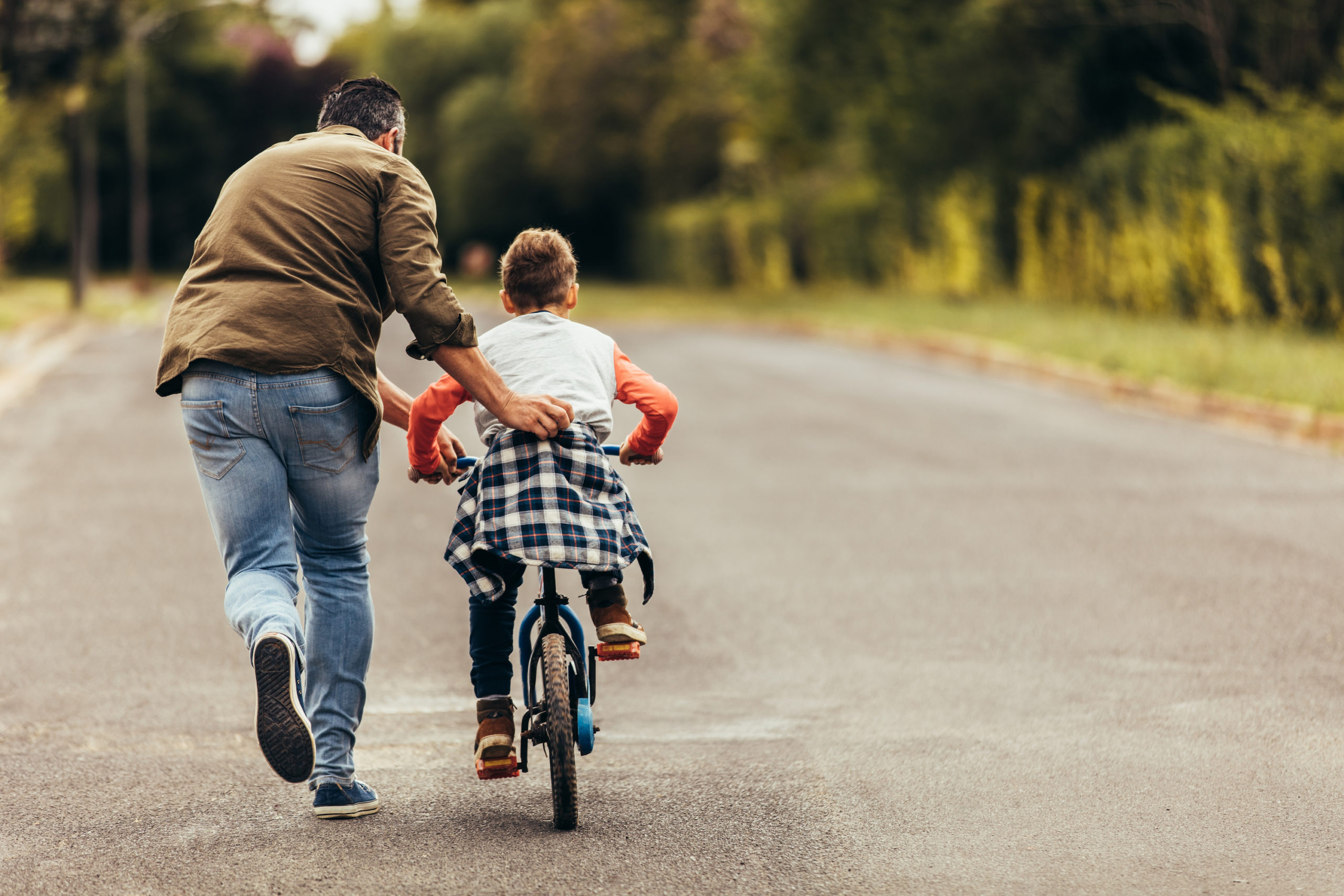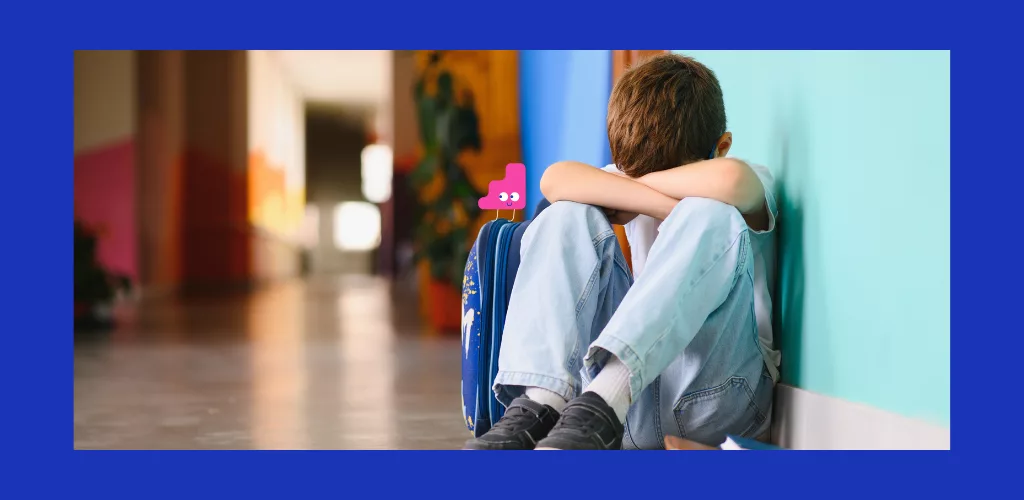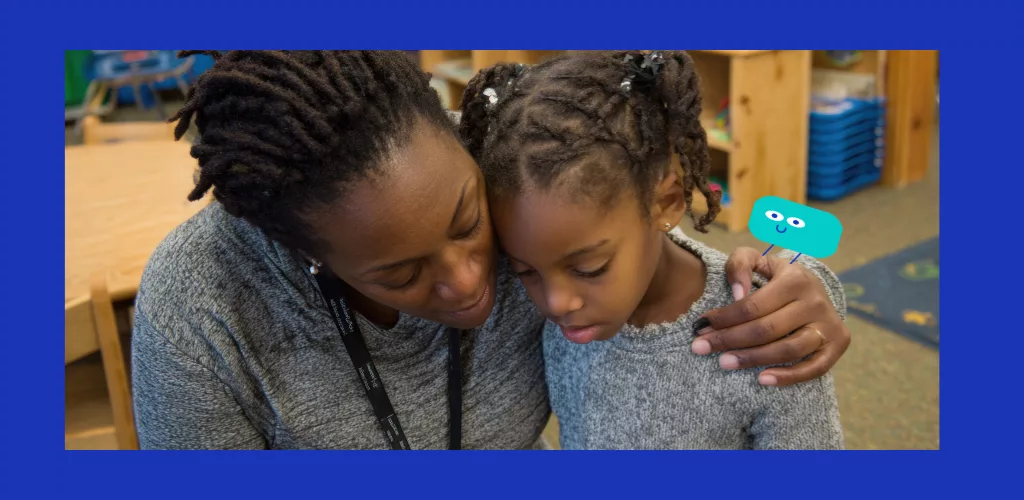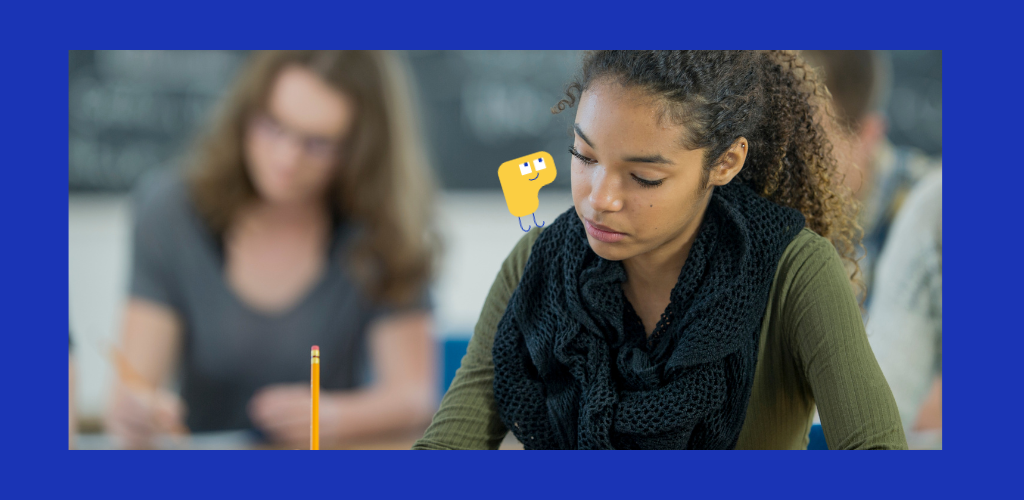Self-confidence is increasingly regarded as one of the most fundamental "soft skills" in everyday life.
Some experts even believe that self-confidence, more than IQ, can explain academic and professional success. And yet, while researching the content of Soft Kids' "bien dans ses baskets" program, I was astounded to discover that, on average, we are most self-confident at the age of 60!
What, my husband and I would never see our children at the peak of their self-confidence, even though we've already spotted some of their future talents? So I decided to dig into the subject.
Confidence in...your skills?
Self-confidence is often confused with self-esteem. When we look up the definition of self-confidence, here's what we find: to be self-confident is first and foremost to know oneself, to believe in one's potential and abilities. So, to be self-confident is first and foremost to believe in one's abilities.
Self-esteem, on the other hand, refers to the image we have of ourselves, a kind of grade we give ourselves.
So, to be self-confident, our children need to know their skills and believe in their abilities? Not so simple...
The super self-confidence gene.
There's a lot of speculation about the source of self-confidence, and some researchers have wondered whether it's a genetic predisposition or something that can be learned. In an article on his blog, Ray Williams examines the question and explains that there are two opposing camps on the subject.
To summarize, on the one hand there's Robert Plomin, from the Institute of Psychiatry at King's College London, who believes that confidence is encoded in our genes. He has carried out a study with 15,000 twins which suggests that there is a correlation between genes and confidence, and that self-confidence is 50% genetic.
On the other hand, experts reject this study, arguing that self-confidence is learned, not inherited. In their view, a lack of self-confidence is more the result of a family environment that is reluctant to encourage, or even systematically denigrates (which usually happens in spite of ourselves!).
So dear super-parents (who are currently doing a self-analysis of your self-confidence), who should you believe? I'd say a bit of both!
In any case, even if there are 50% genetic factors, that leaves us 50% free to cultivate our kids' self-confidence, and that's already a huge amount.
So how do we teach our children to be self-confident?
Our fertilizer recipe for sowing the seed of self-confidence
It has been proven that self-confidence begins to rise between the ages of 4 and 11 and that parents have a decisive role to play in its development.
In his book La Confiance en soi, une philosophie, philosopher Charles Pépin looks at the role of parents in the development of children's self-confidence. He gives the example of a child who learns to ride a bike with his parents, and identifies 3 sources:
- Trust in others: children thrive thanks to their parents. The parent has accompanied the child in his or her learning from the start of life, and the child trusts the parent.
- Confidence in one's abilities: the child has listened to his parents' advice, identified his own resources and thus acquired new know-how.
- Confidence in life: taking off and gaining speed brings the child profound joy. A joy that goes beyond the satisfaction of knowing how to ride a bike. It's a joy that sounds like a thank-you to life. It enables him to look forward to tomorrow as an opportunity.
For me, this example can be transposed to most situations that matter, and in particular to everyday learning. Keeping in mind the 3 springs described above, here are the ingredients of the magic recipe for cultivating your children's self-confidence:
1 Help him to get to know himself better by discussing what he likes. He needs to list and become aware of his strengths, and be encouraged to develop them. This will build confidence in his abilities.
Example: list his superpowers, like knowing all about dinosaurs.
2-Develop his autonomy by encouraging him and letting him choose as many things as possible.
Example: let him choose the menu for Sunday evening.
3-Develop your child's self-concept. Self-concept refers to the identity we have built for ourselves through our memory. It's by remembering what you've already accomplished - in your young life - that you build your identity.
Example: make a list of everything he's learned to do since the beginning of the year.
4-Develop learning by encouraging him or her to do, to experiment and by explaining that difficulties are part of life. But also that they are unparalleled sources of learning - no failure, only learning - so that he or she never thinks he or she "sucks" again.
Example: take the biography of your favorite artist or sportsman and tell him/her the story and all the difficulties without which he/she would probably never have got there.
5-Show that you have confidence in him with phrases like "I know you can do it" or "you can do it", but also that you have confidence in yourself (the 1st role model is you, whatever the so-called opposition phases).
Example: if you're confident in your abilities, your child will feel it and trust you.
This is what inspired us to create the SoftKids application and the the "Bien dans ses baskets" program dedicated to self-confidence. I'm convinced that, by observing your kids and with a few good ingredients and the right dose of water drops (those who use our program will understand what I'm talking about 🙂 ), you'll sow the right seed!
There's no doubt that your children will cultivate their self-confidence.
As Simon de Bignicourt so aptly put it, "Believe in yourself, no one can stop those who believe in themselves."
Have a great weekend, super parents!
Solenne.
Founder of Soft Kids.






0 comments